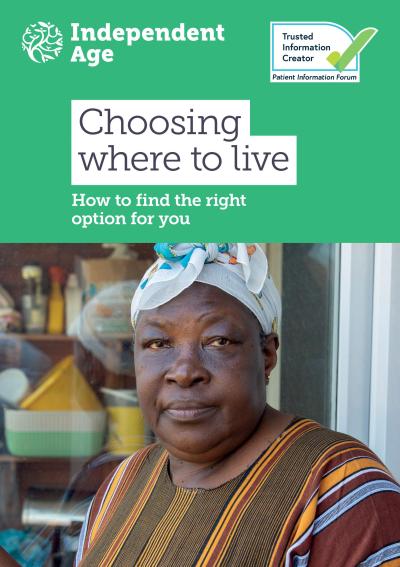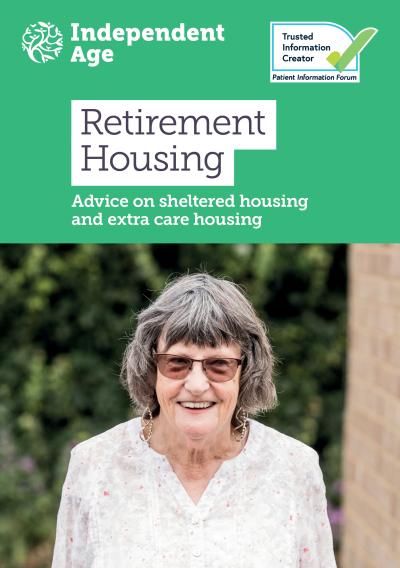Related publications

Choosing where to live

Park homes are often seen as a lower-cost alternative to traditional housing. They can be an attractive option for people looking to move out of town or downsize.
Park homes are detached, bungalow-style homes, also referred to as mobile homes or static caravans. They're usually installed permanently on sites that are owned privately or by a local authority.
You can rent the property, or buy the property and rent the land from the site owner, so be aware of how this affects your rights.
You may have to pay your share of utility costs to the site owner. For gas and electricity that comes from the mains supply, they can only charge you what it cost them. In England and Wales, you can be charged a 'reasonable' administrative fee on top of your water bill. In some cases, utilities are supplied and billed directly from one of the national suppliers. In Scotland, your water rates are included in your Council Tax bill.
Make sure to research any sites you look at. In particular, you should look at their facilities, road access, maintenance and parking, and check if the location suits your needs. You should always seek legal advice when buying a property. You can find legal specialists through the Law Society.
If you're considering moving into a park home in England, contact LEASE for more information. Shelter, Shelter Cymru and Shelter Scotland also have information about renting or owning a park home.
If you’re renting a park home, you could get financial help with maintenance costs and pitch fees through Universal Credit and housing benefits. Shelter and mygov.scot have more information about how to claim.
You can also apply for the Discretionary Housing Payment (DHP) if Universal Credit does not cover your rent. This can be a one-off payment or a series of payments. Find out more at Gov.uk or mygov.scot.
If you claim benefits or if you’re on a low income, you may be able to get a council tax reduction, whether you own or rent. For more information and to work out if you might qualify, contact our free Helpline or visit Gov.uk.

The National Association for Park Home Residents and the Independent Park Home Advisory Service are two organisations that provide information and advice about park homes.
Read our guide Choosing where to live for more information about different housing options.